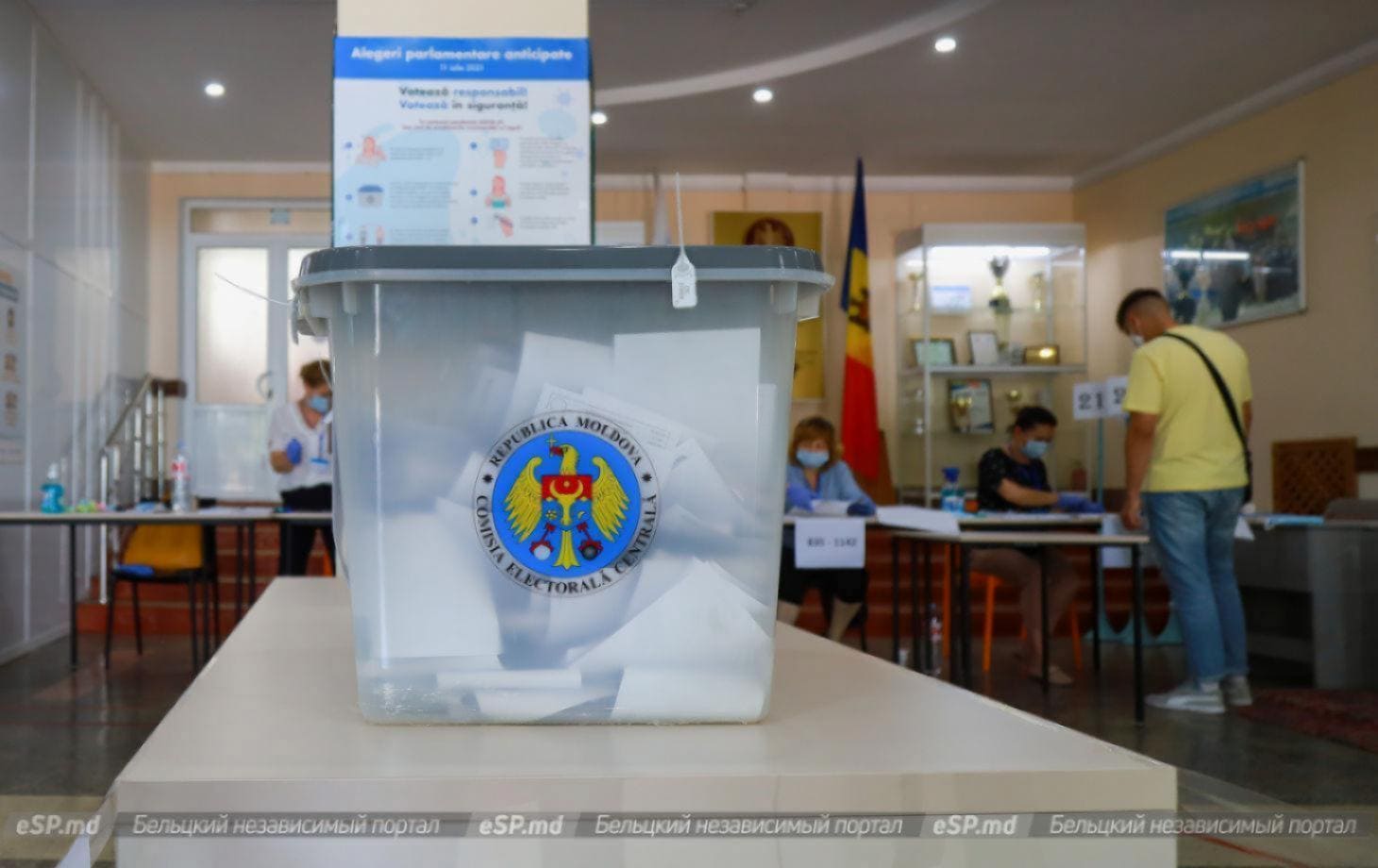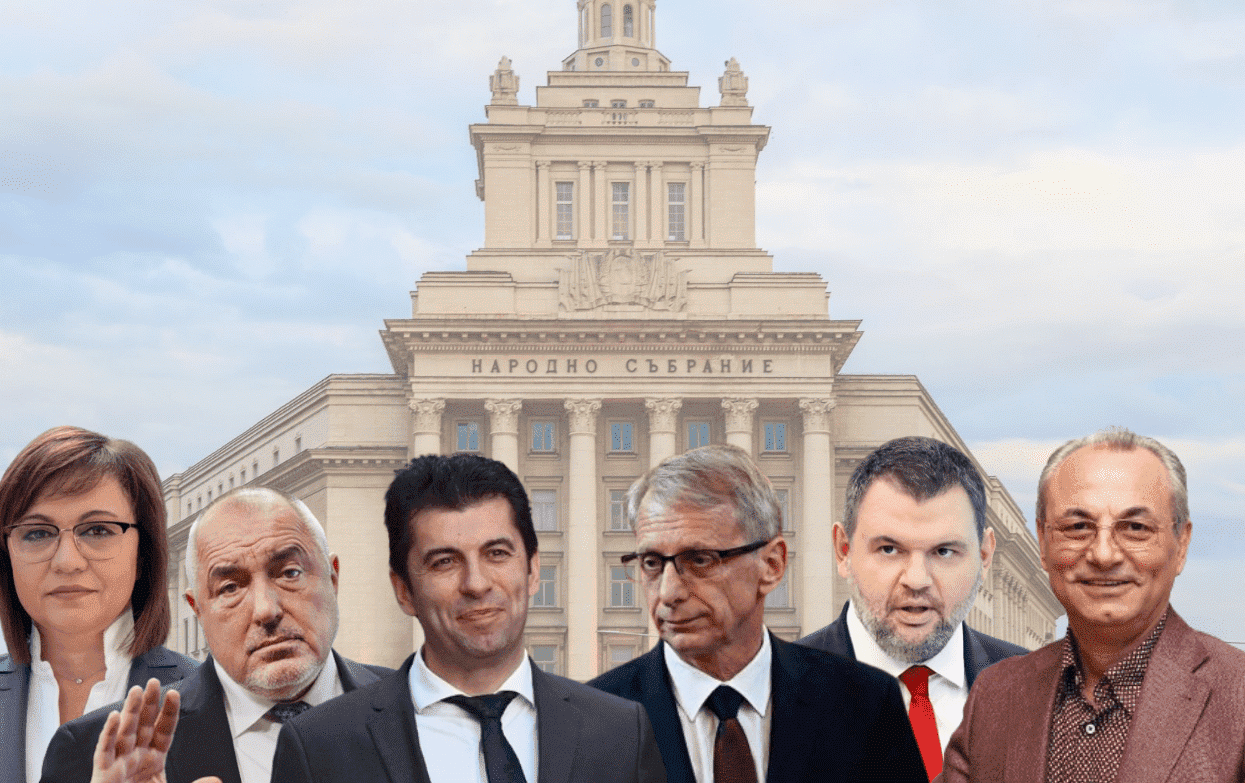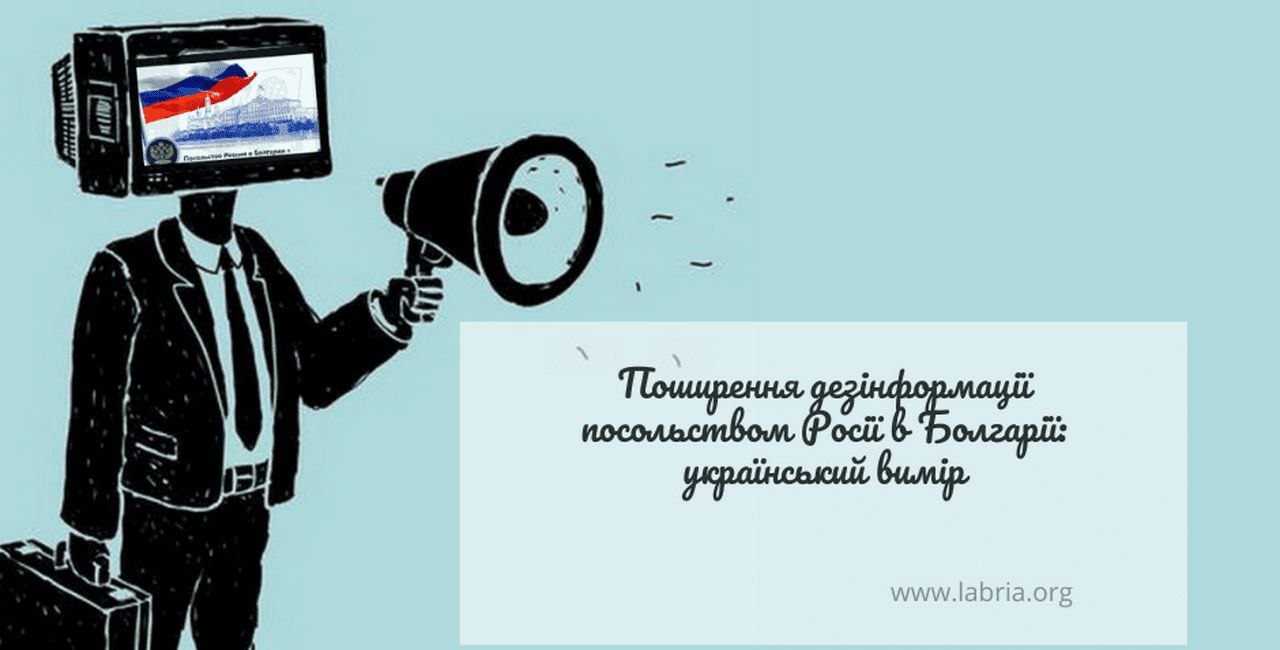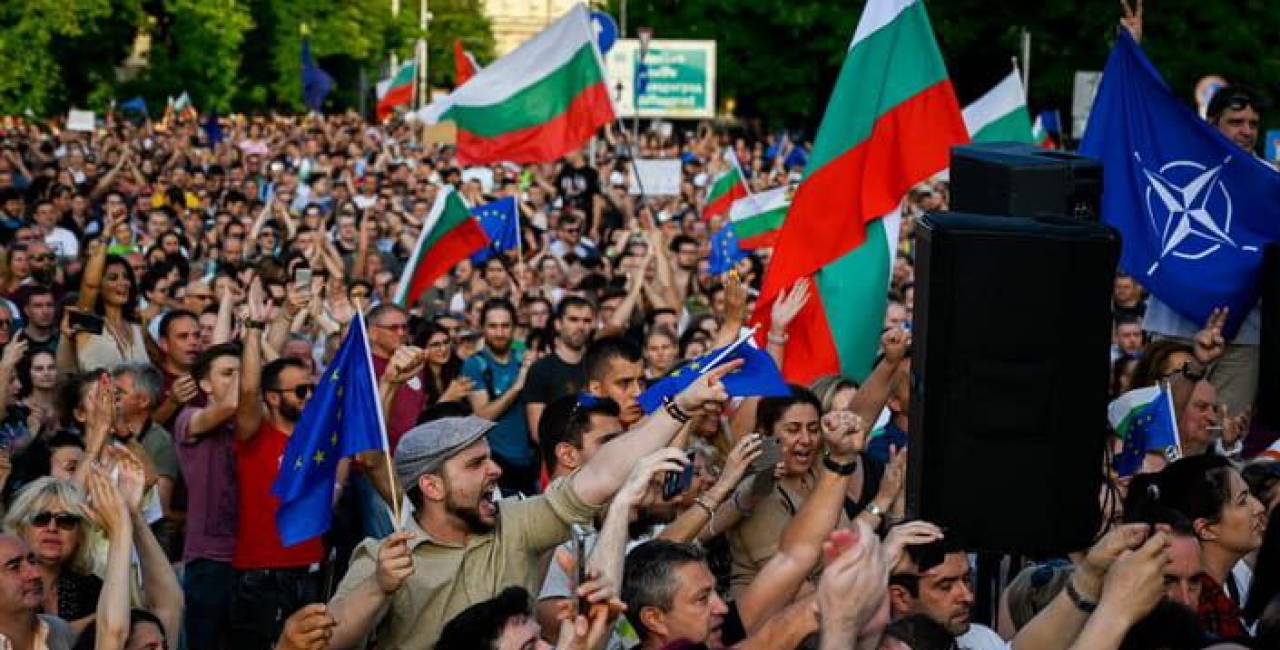
The Republic of Moldova is electing a president. Various sociological studies show that the incumbent head of state Maia Sandu has a high chance of retaining the presidency, but this time there will be a second round of voting. Simultaneously with the presidential elections, the population of Moldova will decide on the geopolitical vector in a referendum on joining the European Union. At first glance, Moldova will go through another stage that will further consolidate the European choice of the Moldovan people, but the Kremlin does not give up on attempts to return the country to its zone of geopolitical influence.
"Ten against one": Moldova's presidential candidates and possible results
A total of 11 candidates are participating in the presidential elections, half of whom are nominated by parties and the other by independents. The turnout is expected to be high - 85% of voters intend to vote, which is confirmed by the data of sociological surveys.
Throughout the entire presidential campaign, the incumbent president, head of the Action and Justice party (PAS), Maia Sandu, maintained the lead, for whom, according to various sources, 30-35% of registered voters are ready to vote. Maia Sandu is supported by the leadership of the European Union, which called on the Moldovan population to support the president, who advocates for the country's European future.
In second place is the former Prosecutor General of Moldova, Alexander Stoianoglo, who was nominated by the Party of Socialists of the Republic of Moldova. According to WatchDog and CBS, 9% of voters are ready to vote for him. Although the results of a survey conducted by iData at the end of September put Oleksandr Stoyanoglou in third place. The former prosecutor general is a native of the Gagauzia autonomy of Moldova. In 2021, he was removed from office on suspicion of involvement in corruption. The case went to court, where Oleksandr Stoyanoglou was acquitted. However, he was not reinstated. The former prosecutor general himself called the criminal case against him a consequence of the conflict with President Maia Sandu. Immediately after his dismissal, he received massive support in the Gagauzia autonomy, which probably served as one of the reasons for his nomination by the Moldovan socialists. Although it was long believed that the leader of the PSRM, Igor Dodon, who has the highest anti-rating among Moldovan politicians, would run for president.
The third place in electoral preferences is occupied by the leader of the party "Our Party" Renato Usatii, who positions himself as an opposition politician. 6.4% of voters are ready to vote for him. For a long time, it was believed that Renato Usatii has close ties with Russian business, but during the presidency of Igor Dodon, a criminal case was opened in Russia against Renato Usatii, accusing him of involvement in money laundering. The leader of the party "Our Party" himself called the criminal case an attempt by Igor Dodon to eliminate a strong competitor on the eve of the 2020 presidential elections, in which Renato Usatii took third place, and in the second round he supported Maia Sandu.
Following the three leaders by a wide margin is the former Bashkan of Gagauzia Irina Vlah with a result of 2.2%. One of the most active candidates in the presidential race, who began campaigning long before the announcement of the start of the election campaign. Irina Vlah began preparing for the elections while still holding the position of Bashkan of the Gagauz autonomy - using administrative resources, she organized trips of the Gagauz national song and dance ensemble "Dyuz-ava", which is financed from the autonomy's budget, to the regions of Moldova and was personally present at them. Then Irina Vlach published the book "My Profession is a Politician" and traveled to most regions of the country with the presentation of the book. Irina Vlach built her election campaign on a public confrontation with President Maia Sandu.
Among the presidential candidates of Moldova with an electoral rating of 1.2% and 1.3% are former Prime Ministers Ion Chicu and Vasil Tarlev. Ion Chicu held the position of Minister of Finance in the cabinet of the Democrats and after the flight of Volodymyr Plahotniuc he became an advisor to President Igor Dodon and after the resignation of the Sandu government he became Prime Minister, which included, in addition to the socialists, also representatives of the Democratic Party of Moldova. It is worth noting that for a long time Ion Chicu often visited Gagauzia and helped Irina Vlach realize her presidential ambitions, although his personal rating was higher than his protégé for a long time. However, they ran separately in the presidential elections.
Vasil Tarlev is a veteran of Moldovan politics. Under the patronage of former communist president Vladimir Voronin, he headed the government of Moldova from 2001 to 2008. He led his own party "Renaissance", which in 2014 failed to enter parliament, gaining less than 2% of the vote. As a result, the political force was not in demand, but in 2023, after the banning of the "Shor" party, the "Renaissance" party became one of the political projects that the fugitive Moldovan oligarch Ilan Shor, who is in Moscow and, through his subordinates, implements Russia's geopolitical interests in Moldova, has bet on. Recently, Vasil Tarlev has been visiting Moscow, where, according to Moldovan media, he also met with Ilan Shor.
Also among the presidential candidates of Moldova who have a low rating are Maia Sandu's former partner in the European coalition Andrei Nastase (0.8%), TV journalist Natalia Morari (0.5%), Octavian Tycu (0.4%), diplomat Tudor Ulyanovsky (0.1%) and prosecutor Victoria Furtuna (1.4%).
Second round of presidential elections in Moldova
According to Moldovan law, the second round of presidential elections should be held two weeks after the first round if none of the candidates managed to gain more than 50% of the vote. It is obvious that in the second round, Renato Usatii and Oleksandr Stoyanoglou may face the incumbent Maia Sandu. Data from sociological surveys by various agencies show that Maia Sandu will be able to win against each of them. For example, iData predicts that the following possible outcomes in the second round are possible:
Maia Sandu vs. Oleksandr Stoianoglo – 40.8% vs. 36.4%;
Maia Sandu vs. Renato Usatii – 38.6% vs. 35.6%;
Maia Sandu vs. Irina Vlach – 40.2% vs. 33.2%;
Maia Sandu vs. Ion Chicu – 40.7% vs. 30.1%.
However, it is worth noting that Oleksandr Stoianoglo, Renato Usatii, Ion Chicu and Irina Vlach are competing on almost the same electoral field, advocating for the European future of Moldova, but maintaining close cooperation with the Russian Federation. Given the specifics of the Moldovan pro-Russian political scene, one should not expect the electorate to consolidate around one candidate. Renato Usatii is unlikely to campaign for the protégé of Igor Dodon's bitter political "enemy" Oleksandr Stoyanoglou. Relations between Irina Vlach and Ion Chicu after the breakup are also quite tense.
In turn, Maia Sandu in the second round will represent a pro-European electorate, which will easily unite around her, despite the significant negativity that has accumulated during her presidency due to the difficult economic situation of the country.
However, we should not forget that Russia has invested enough in the political project of Ilan Shor, who was not allowed to participate in the presidential campaign. According to the Moldovan special service SIB, through various schemes, Russia and Ilan Shor managed to create a network of sympathizers in Moldova totaling up to 130 thousand people, who, despite the measures taken, can significantly influence the results of the second round of voting. In 2020, in the second round of the presidential election, Maia Sandu received 57.72%, which is 943 thousand votes. While 42.28% or 690.6 thousand voters voted for her opponent Igor Dodon. The difference is almost 250 thousand votes. In the last days of the election campaign, Ilan Shor stated that he would support any candidate who would oppose Maia Sandu in the second round. But he called on the category of pensioners, who are more responsible about participating in the elections, to support the opponent of the incumbent president, promising the entire country "Russian subsidies".
In addition, we should not forget about those who have not decided on a candidate. Today, their percentage is 20%, which can significantly affect the results of the second round. Also, sociological studies do not cover the electorate living in other countries. In 2020, it was the overseas polling stations that played a significant role in Maia Sandu's victory. Although Moscow seems to be making every effort to interfere in the electoral process and influence the results, having organized the transportation of Moldovan citizens living in Russia to polling stations opened in the Moldovan diplomatic mission.
Conclusions: despite the seemingly predictable results and the high probability of a pro-European candidate winning the presidential elections in Moldova, one should not underestimate Russia's desire to influence the will of the Moldovan population and "pull" the country into its geopolitical sphere of influence. Such a large number of candidates for the presidency of Moldova in the pro-Russian electoral field is not a miscalculation by the Kremlin, but a consequence of the confrontation of pro-Russian politicians in Moldova for the "feeding trough" in Moscow and possible preparation of Russia for the confrontation for seats in the future parliament of Moldova, the future of which will be determined in the parliamentary elections in 2025.
Chairman of the Board of the NGO "Laboratory of Research and Information Analysis
Ihor Karpechenko




